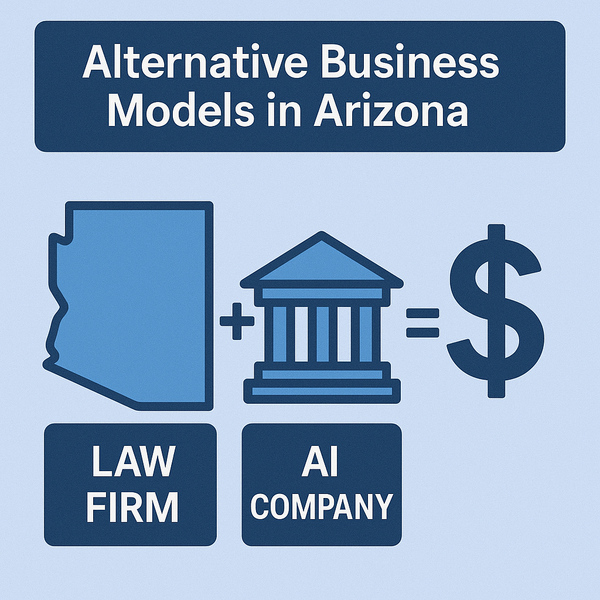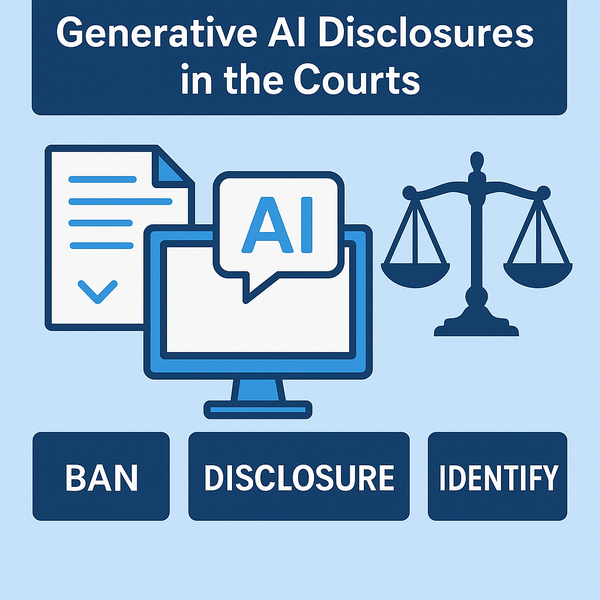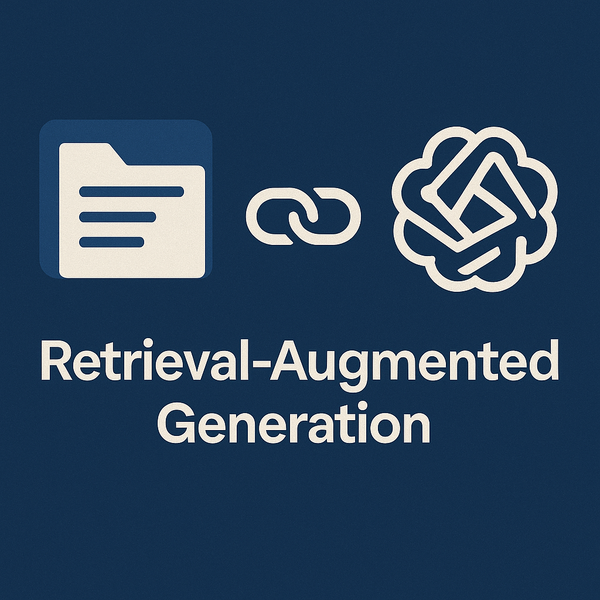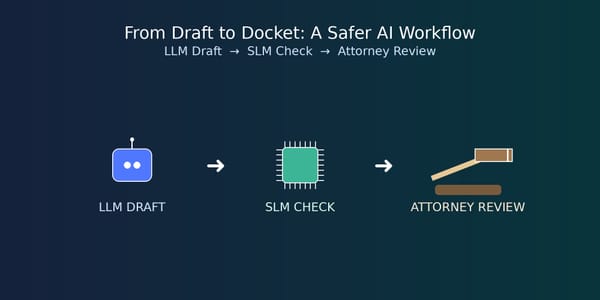Billing in the Age of AI: How Law Firms Can Navigate the New Efficiency Dilemma
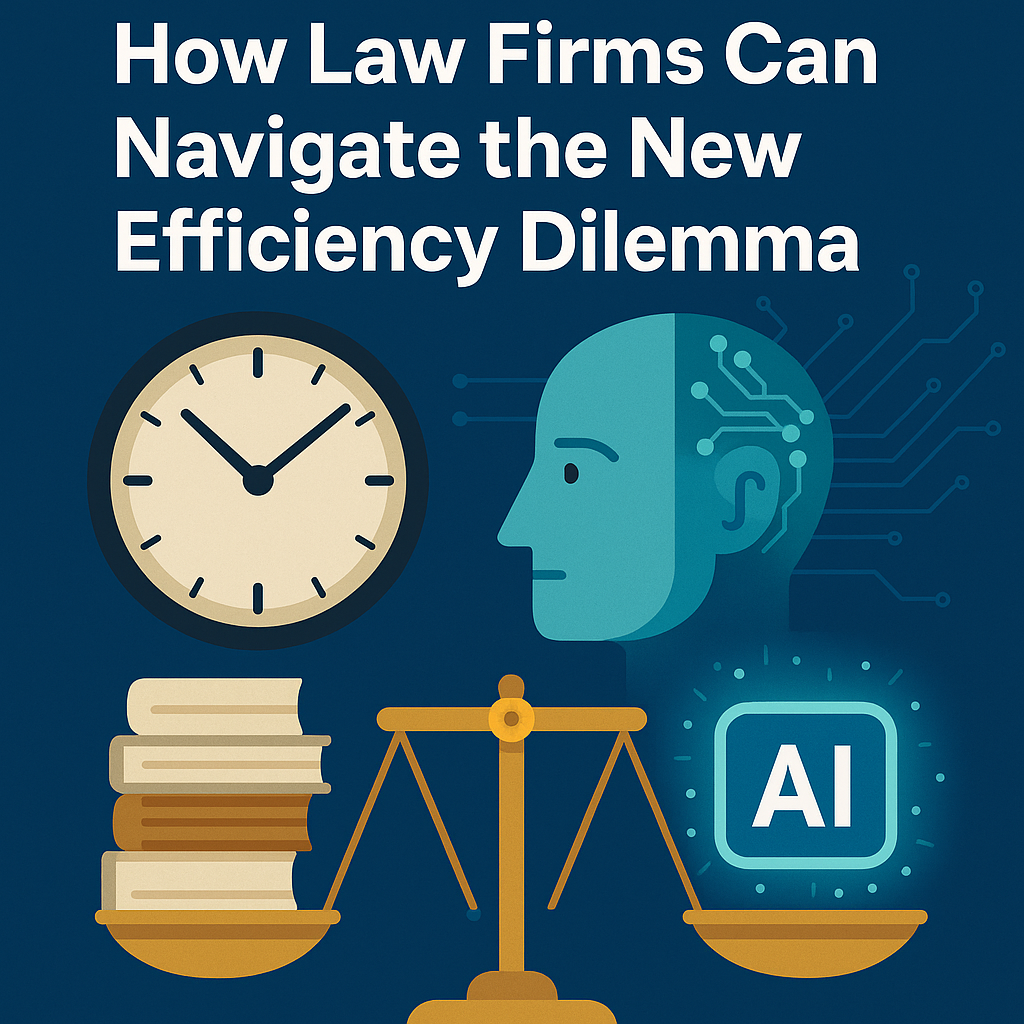
For more than a century, law firms have sold time. Now however, a task that once took 20 hours now takes 4. A memo that consumed two days can be drafted in under an hour.
The legal industry’s reliance on hourly billing has run headfirst into a technology that obliterates hours. AI is fast, accurate, and relentless, and it’s creating a genuine identity crisis for how lawyers price their work.
Clients love the idea of reduced legal costs. Firms love the idea of doing more in less time. But the tension sits in the middle: If a partner can produce in one day what used to take a week, is the value of that work really less?
Why AI and the Billable Hour Don’t Play Nice
The billable hour rewards time spent, not value delivered. AI flips that model upside down. With AI-powered document review, research, and drafting, many routine tasks shrink by 70–90% in time required — but often improve in quality.
For example:
- A merger agreement review that once took 20 hours might now take 4.
- A complex research memo that ate up two days could be drafted in under an hour.
If the firm bills purely on hours, revenue drops — even if the client gets better work faster. If the firm bills the old time, it risks client backlash and ethical concerns.
This is the conflict at the heart of AI billing: efficiency reduces the currency we’ve traditionally sold.
Three Emerging Billing Models for the AI Era
The industry hasn’t settled on a single solution — and may never. But here are three approaches gaining traction:
- Value-Based Billing
- How it works: Price is tied to the value of the outcome, not the time spent. If your AI-assisted work saves a client $2 million, your fee reflects that benefit, not the 4 hours it took to get there.
- Pros: Aligns lawyer incentives with client outcomes; protects revenue in high-value matters.
- Cons: Requires client trust and transparent scoping; harder to predict at the outset.
- Flat or Project-Based Fees
- How it works: The firm quotes a fixed price for a specific deliverable, whether it takes 2 hours or 20.
- Pros: Simple for clients to budget; rewards firms that use AI efficiently.
- Cons: Risk of underpricing complex matters; needs accurate project scoping.
- Hybrid Billing
- How it works: Combines flat/project fees for routine tasks with hourly billing for unpredictable or strategic work.
- Pros: Gives flexibility; clients see fairness in paying hourly where AI offers less efficiency.
- Cons: More complicated to track and explain to clients.
Ethical Guardrails and Client Perception
Transparency is key. Clients are already asking whether they’re being billed for “machine time” as if it were human work. The safest course is to disclose when and how AI is used, and to explain the value of the lawyer’s oversight and judgment.
Some firms are already adding an “AI-assisted” note in invoices, clarifying that the fee reflects the complexity, strategy, and responsibility — not just time on a stopwatch.
Creative Approaches on the Horizon
Forward-thinking firms are experimenting with:
- Subscription Models: Clients pay a monthly retainer for ongoing access to the firm’s services, regardless of AI use.
- Outcome Bonuses: A base fee plus a success-based premium if certain results are achieved.
- Efficiency Sharing: Passing part of the AI-driven savings to the client while retaining a portion as increased margin.
These models shift the conversation from “How many hours did you work?” to “How much value did you create?” — which is exactly where AI pushes the profession.
Moving Forward
The billing question won’t resolve overnight, and regulators may eventually weigh in. But waiting for a universal rule is risky. Firms that proactively experiment, document client feedback, and refine their approach will have a competitive advantage.
The reality is simple: AI is here to stay, and clients will expect faster, cheaper, and equally high-quality work. The firms that thrive will be those that stop selling time and start selling expertise, strategy, and results.
The bottom line: Don’t think of AI as erasing billable hours, think of it as redefining what those hours represent. The sooner you align your billing with AI-era efficiency, the more you’ll protect both your profitability and your client relationships.

